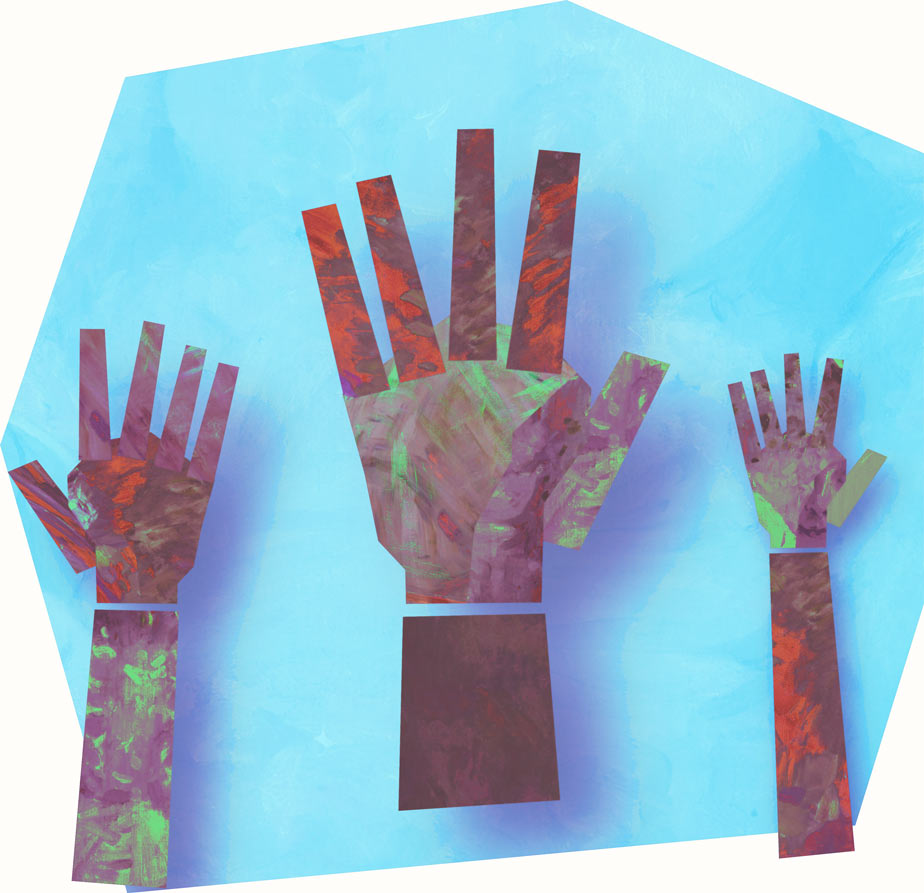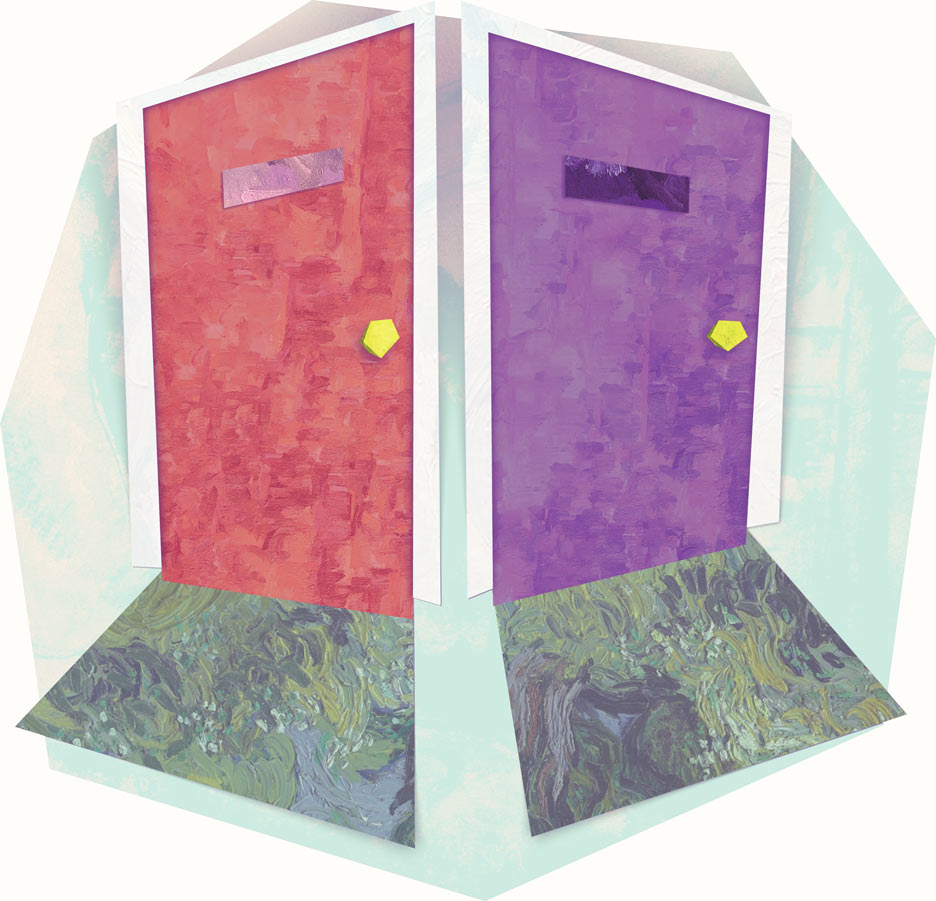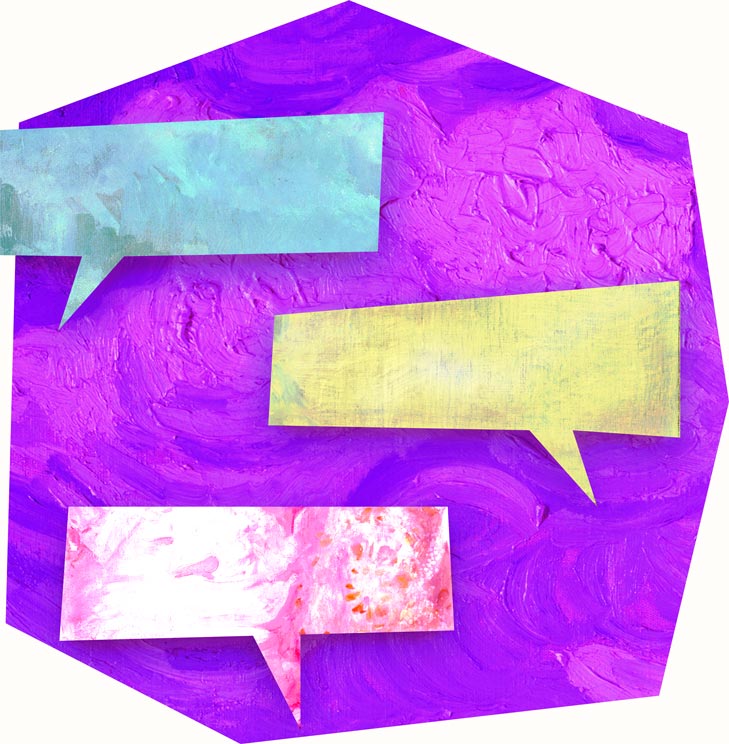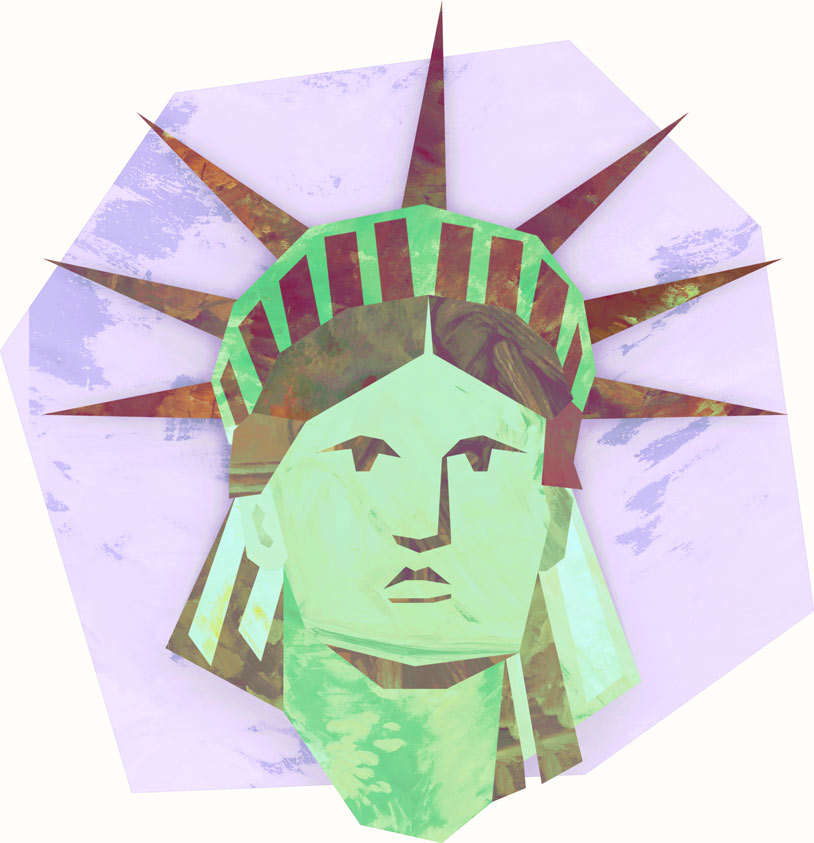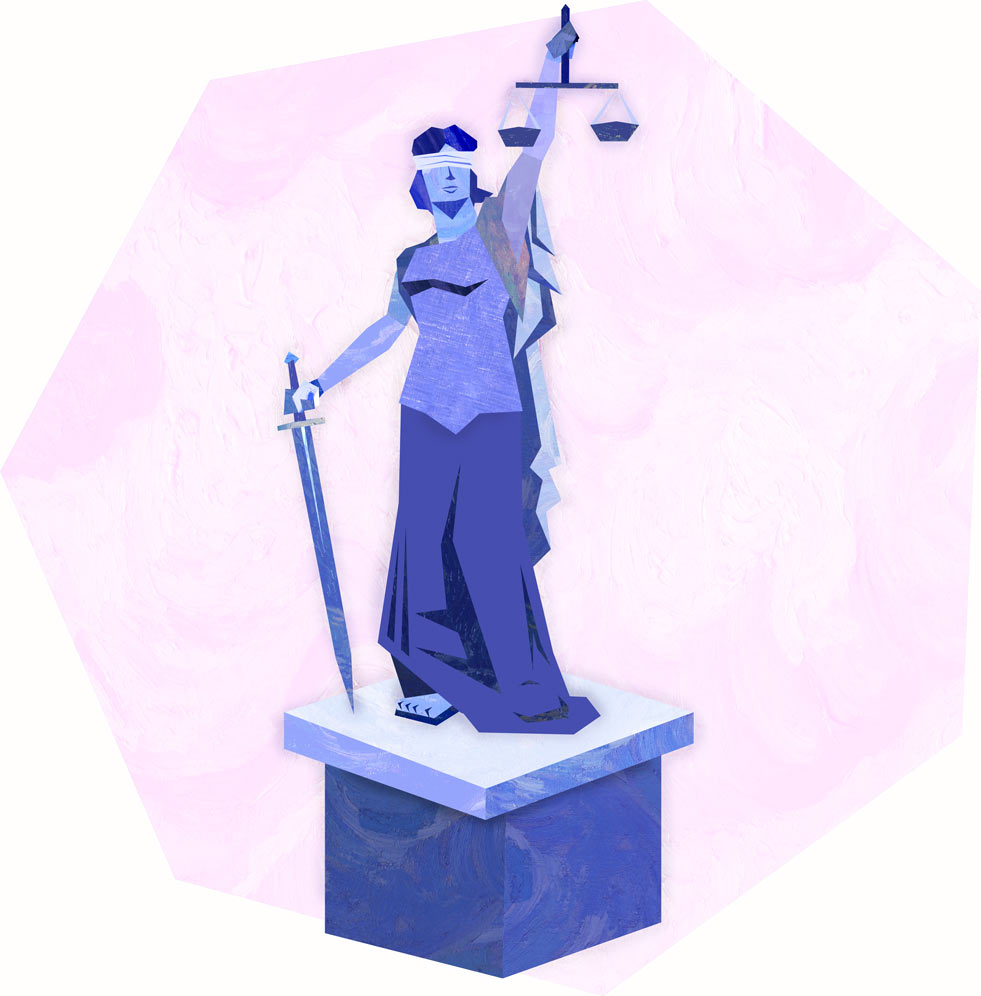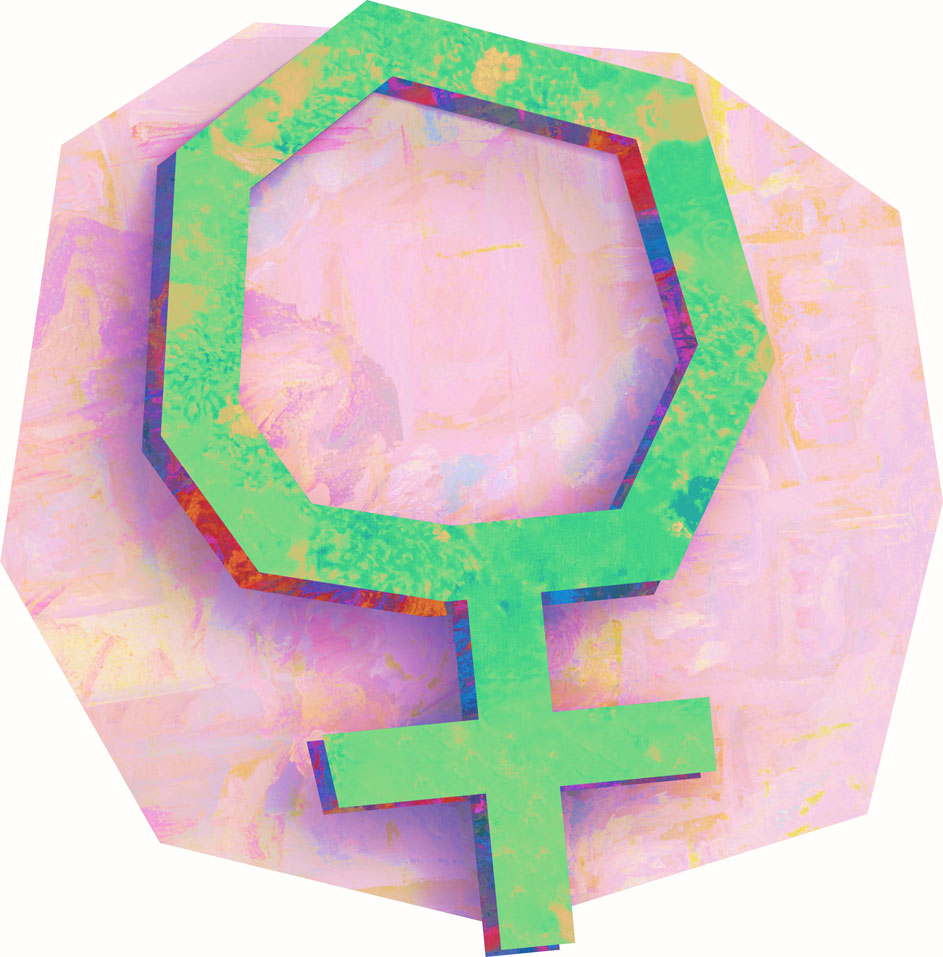Citizenship
Citizenship is the legal relationship between citizens and their government and country. Citizens owe their government loyalty, support, and service. The government owes the citizens the protection of constitutionally guaranteed rights to life, liberty, property, and equal justice under law.
Civil Liberties
The basic individual rights of all citizens, as expressed in the Bill of Rights and reinforced by the 14th Amendment. These include such liberties as freedom of speech, press, religion, and assembly; freedom from unreasonable search and seizure; and the right to privacy.
Death Penalty
Is the death penalty an effective deterrent to crime or a violation of the Constitution’s Eighth Amendment ban on cruel and unusual punishment? The Supreme Court has issued many rulings over the years as it struggles to determine when a death sentence is constitutional.
Discrimination
Since its beginnings, America has struggled with the principle of equality for all people. From slaves and immigrants to women and the LGBTQ community and to the elderly and disabled, the battle against discrimination in the workplace, schools and voting booths has been long and painful.
Education
Public education is supposed to be the great equalizer providing opportunities for all regardless of class or race. However, studies document that young people of color or from low-income families have fewer opportunities for a quality education. Experts have advocated for a range of ways to improve public education, including smaller classes, teacher accountability, school vouchers and better technology.
Environment
How can we become more energy efficient, protect the environment and combat climate change? For decades, alarms have been raised about U.S. dependence on foreign oil. And the emissions from carbon fuels have increased concerns about climate change. Which energy policies best serve the interests of Americans?
Free Speech
The First Amendment right for individuals to express information, ideas and opinions without government restrictions and subject only to reasonable limits is considered the most important right in the Constitution.
Freedom of the Press
This First Amendment right allows the press to report and publish news without government restrictions.
Guns
The meaning of the Second Amendment has long been debated. In two rulings, the Supreme Court has decided that an individual has the right to own a gun for personal use and that the Second Amendment “applies equally to the federal government and the states.”
Health
President Franklin Roosevelt, in his 1944 State of the Union address, spoke eloquently of the “right to adequate medical care and the opportunity to achieve and enjoy good health” as one of the keys to ensuring Americans’ security and economic independence. It wasn’t until 2010 that the Affordable Care Act overhauled and expanded health care coverage for Americans.
Immigration
America is a nation of immigrants. As they arrived in waves, they shaped the nation’s identity, built its economy and embodied its ideals of freedom. The country relied on immigrants to help it grow, yet conflicts inevitably arose. Fear and suspicion of foreigners, competition for jobs, and the potential burden of refugees on society led to quotas or outright bans on immigrants. Recent debate over illegal immigrants has revived the old arguments about newcomers’ place in America.
Legal Rights
Colonists brought to the New World the expectation of due process and the rights in criminal procedure that support it – all dating far back in English history – as part of their birthright as English citizens. The Bill of Rights consequently emphasizes these rights in the Fifth and Sixth Amendments, underlining their importance to framers as essential to individuals’ liberty.
Religion
The First Amendment contains the establishment and the free exercise clauses. The establishment clause prevents the government from creating a church, endorsing a religion, or favoring one set of religious beliefs over another. The free exercise clause allows a person to hold whatever religious beliefs he or she chooses.
Searches
Technological capabilities in the 21st century raise issues of privacy that the framers could not have imagined when they drafted the Fourth Amendment’s protection against unreasonable search and seizure. Today, equipment is used to listen and see inside buildings; computers capture vast amounts of information about individuals; and devices provide instant communication around the world. Where is the line drawn to protect individuals’ right to privacy?
Voting
The most common form of political participation by citizens is voting in elections for their representatives in government. By voting for or against particular candidates or political parties, citizens signify their approval or rejection of their representatives’ performances. Thus, participation in elections is one way citizens can make their government responsive and accountable to the people.
Women
From the voting booth to the office cubicle; the ball field to the battlefield, the road to women’s equality has been a long and difficult one. Extraordinary successes have been achieved by women themselves as they gathered petitions, staged rallies, protested unfair laws and lobbied for better ones, and fought for justice in the courts. But unfinished business remains, including pay and benefits inequity, the “glass ceiling,” disproportionate numbers in elected offices, and workplace discrimination.
